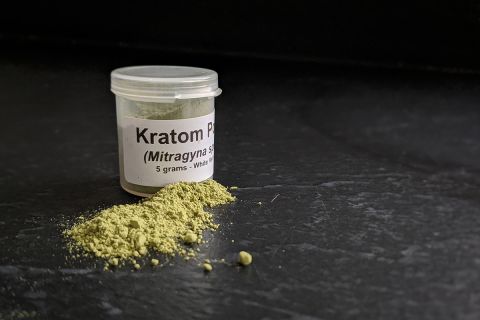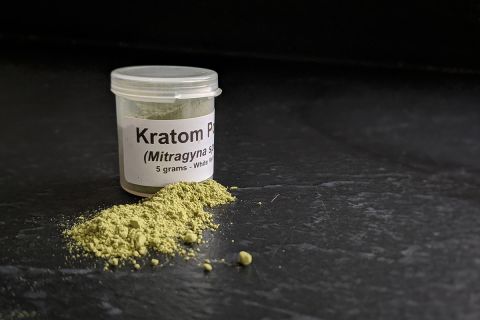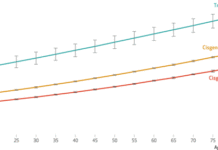
The debate
Kratom comes from the Mitragyna speciosa tree found in Southeast Asia, particularly in Thailand, Malaysia, Indonesia and Papua New Guinea, according to the FDA. The plant can bring the user energy or calm, depending on the maturity of the leaves when harvested.
According to the Virginia-based American Kratom Association, the herb made its way to the U.S. after the Vietnam War.
Michiganders can purchase kratom in tobacco and head shops, grocery stores or online.
But addiction specialists, health experts and the FDA warn that kratom can have psychoactive (mind-altering) effects on the brain, and carries the risk of “addiction, abuse, and dependence.” The FDA warns against its use.
According to a 2019 report in the peer-reviewed journal Clinical Toxicology, poison control centers reported 1,807 “exposures” to kratom between 2011 and 2017, with most of them occurring in the final two years of the study period.
In 2015, three of 1,991 overdose deaths in Michigan were linked to kratom. By 2018, that number jumped to 51 of 2,599 deaths.
Last year, 103 drug deaths included the use of kratom, according to preliminary data Bridge received from the Michigan Department of Health and Human Services.
While the FDA has objected to the herb and has issued warning letters to companies that allegedly promoted the project as a treatment or cure for opioid addiction, the National Institute of Drug Abuse acknowledges kratom’s possible benefits.
NIDA “supports research towards better understanding the health and safety effects of kratom use,” according to its website.
The World Health Organization’s Expert Committee on Drug Dependence voted against adding kratom and its psychoactive ingredients, mitragynine and 7-hydroxymitragynine, to the United Nations’ list of internationally controlled substances.
While kratom “can produce serious toxicity” in high doses, “the number of cases is probably low as a proportion of the total number of people who use kratom,” according to the committee’s findings.
Supporters argue that deaths associated with kratom involve cases in which multiple drugs are found in people’s systems, or instances in which kratom was adulterated with other substances such as fentanyl.
“That’s why the Kratom Consumer Protection Act has to be implemented. There are no regulations now,” said Marc Haddow, a senior fellow on public policy at the Kratom Association.
The association has been pushing states to set up state-level regulations allowing its use while enacting limits and independent testing procedures.
Stone said she consulted with the association to develop her bill.
She also consulted Mark Kilgore, a program coordinator for Project VOX, a drug recovery advocacy group in Macomb County.
Kilgore told Bridge he worries about kratom because of its possible addictive nature and the resulting hospitalizations from its use. But he’s also heard from people who talk of its benefits to help relieve pain.
“How can I tell somebody ‘it doesn’t help you with your pain?” he said.
If passed, the law would “make sure that, if people are going to use (kratom), that it is legit, that there’s no additives, impurities, and that it is regulated.”








